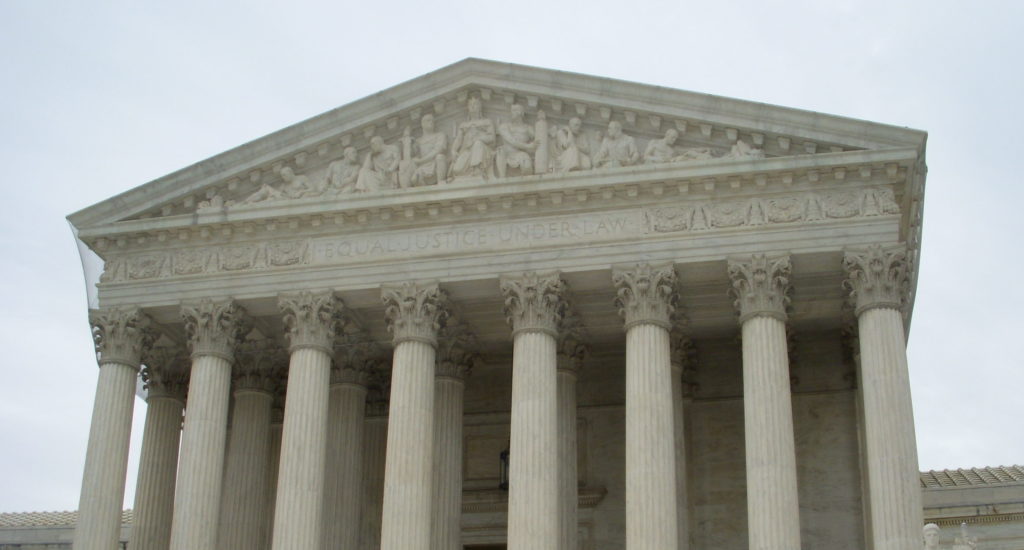The Supreme Court just did itself no favors

It is really annoying when people try to pretend that all is well in America for people of color. It is even more annoying when Supreme Court justices — who should know better — say the same thing and use it to uphold suppressive voting laws. Such is the case with the Supreme Court’s recent decision in the Arizona case Brnovich, et al. v. Democratic National Committee, et al. The Washington Post reported on Justice Elena Kagan’s dissent in that ruling, calling it “fiery.”
Justice Kagan believes that the Arizona law is directed at and will impact voters of color. She addressed the Voting Rights Act as both good and bad—good because it represents democracy and racial equality and bad that we continue to need it. Chief Justice John Roberts holds the opposite view of the Voting Rights Act. Back in 2013 when the Supreme Court first began unraveling the Act, Roberts was quoted by the New York Times: “Our country has changed. While any racial discrimination in voting is too much, Congress must ensure that the legislation it passes to remedy that problem speaks to current conditions.” Justice Roberts is wrong. This country has changed some, but not to the level he spoke. In fact, immediately after SCOTUS freed southern states from federal oversight, Texas added a voter identification law that had previously been blocked, declared that redistricting maps no longer required federal approval, and that changes in voting would only be addressed by “after the fact litigation.” This move by Texas showed just how wrong Justice Roberts was in his assessment, and the Court is wrong about its current assessment.
The law upheld by the Court in Arizona allows votes to be completely thrown out if they are cast in the wrong precinct and collecting and delivering completed ballots is now a felony. Imagine that you are one suffering from limited mobility and need help getting your absentee ballot in, and you are now not allowed to hand it off to someone to take for you. Every one of us has the right to vote; if we need help doing so, we should not be discounted. Justice Kagan certainly sees it that way even as Justice Samuel Alito said that “a state may take action to prevent election fraud without waiting for it to occur in its own borders,” Huffington Post reported. Justice Alito misses the point: There is no history of widespread voter fraud in this country. These new laws were enacted in the aftermath of Trump’s big lie, and because it is a lie and there is no proof of fraud, SCOTUS is merely going along with the lie-filled narrative.
This is a disgrace both to the bench and to our country. We want to lead the world, especially in the area of democracy, but how can we lead when our examples are so bad? For those impacted by these unfair laws, do not let them stop you. It even more important that your voice be heard.
Shirley is a former entertainment writer and has worked in the legal field for over 25 years
